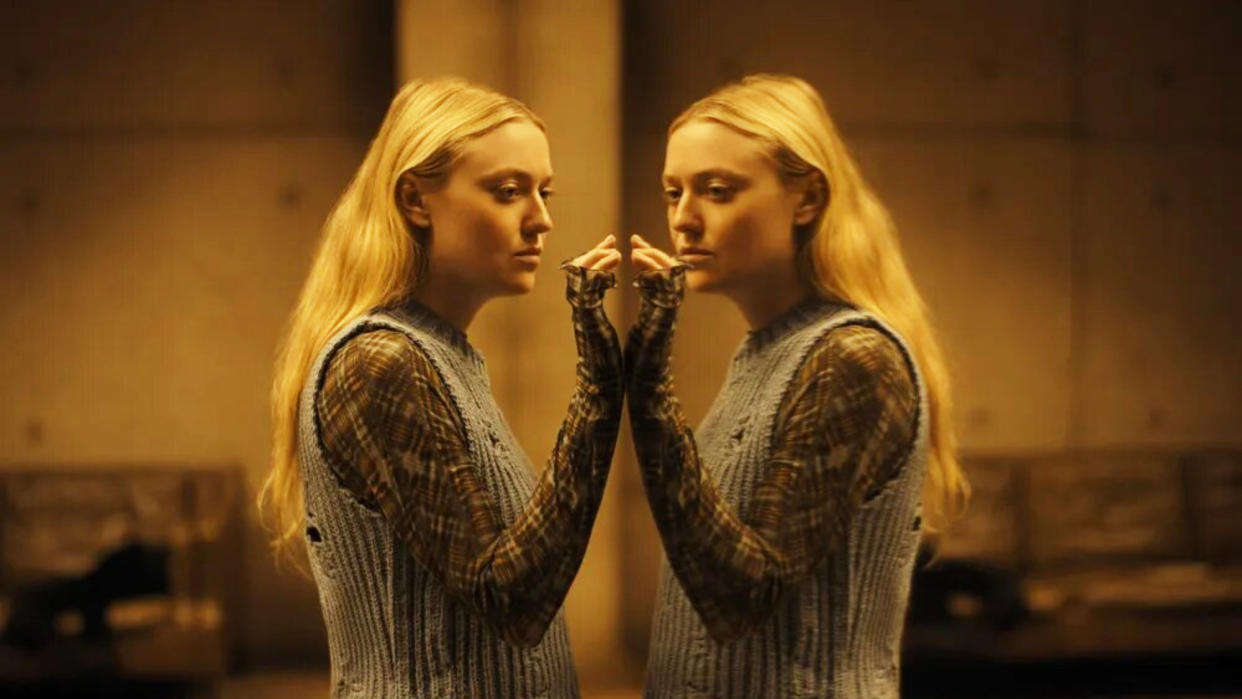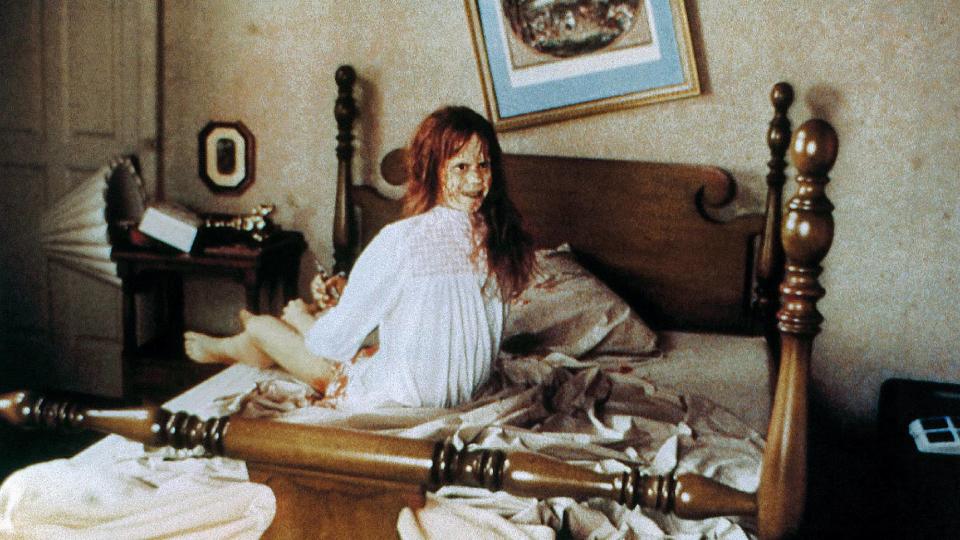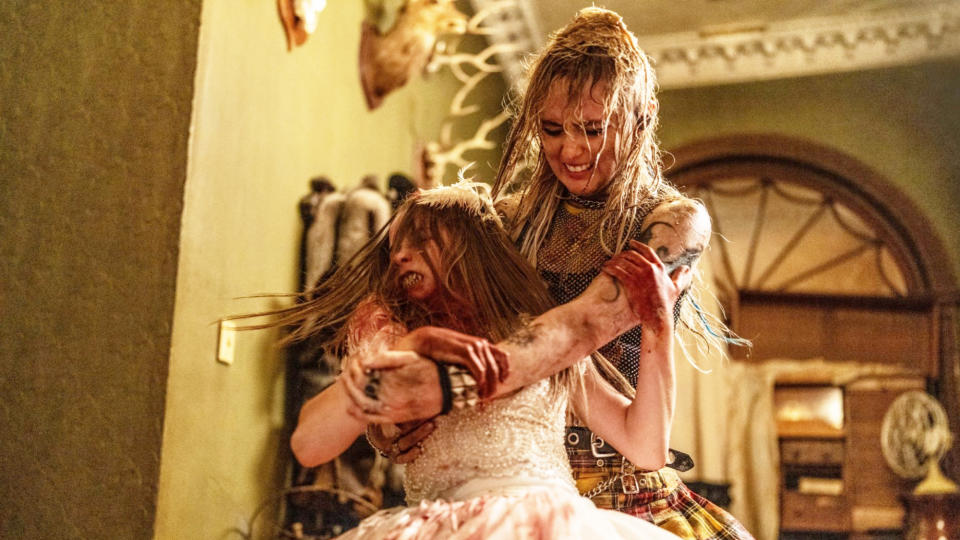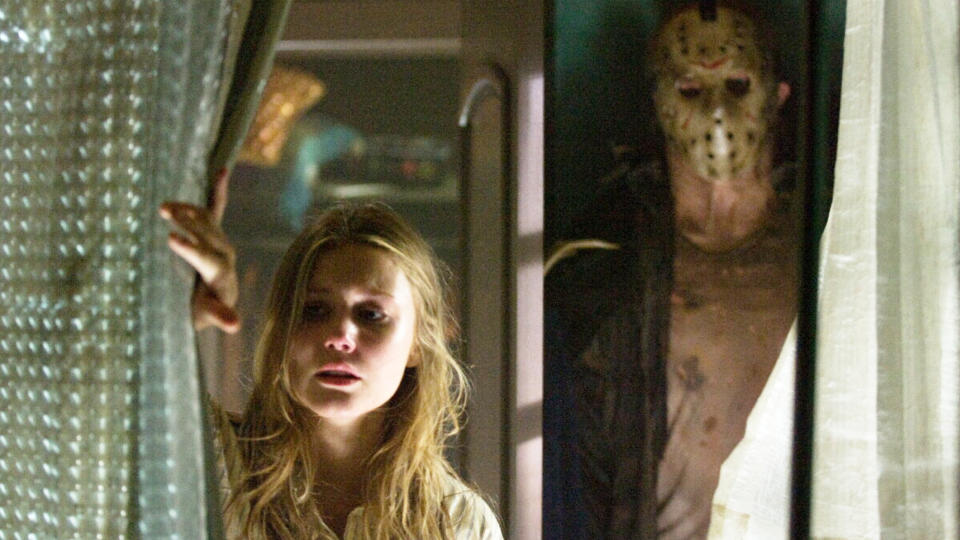5 reasons modern horror movies are failing — and how to save them

In recent years, horror movies have been fraught with disappointments, leaving audiences yearning for the exciting thrills and psychological depth that once defined the genre. Modern horror movies, with their predictable jump scares and superficial narratives, have failed to captivate audiences in the way that their predecessors once did. Characters lack depth, plotlines feel recycled and the scares often feel manufactured, leaving us more bored than terrified.
However, five critical aspects that, if addressed, could breathe new life into the genre and restore its success. These aspects range from the need for originality in storytelling to the importance of well-developed characters who evoke genuine empathy. As someone who writes about movies for a living and absolutely loves everything horror, I still believe that this genre can make a solid comeback.
So, why are modern horror movies failing? Let’s go more into depth about horror's decline, and why there could be a flickering light of hope that promises a brighter, more terrifying future.
5 reasons why modern horror movies are failing
Most modern horror movies seem to follow the same pattern, which leads them down a path to failure. Breaking free from this cycle can give us the true horror we deserve, even if it means we’ll get more nightmares.
1. We are desensitized to horror

I think we can all agree that modern audiences have grown desensitized to horror movies due to overexposure, predictability, and extreme content. Years ago, movies like “The Exorcist” would cause genuine fear, with some people leaving the theater and even being sick because of how disturbing it was. Now though, audiences probably wouldn’t bat an eyelid when watching it for the first time. This just shows that no matter how scary the movie might appear in a trailer, it probably won’t have the same effect when you’re actually seeing it on the big screen.
Also, with easy access to a variety of horror content through some of the best streaming platforms, viewers become accustomed to formulaic jump scares and familiar tropes. This, in turn, diminishes the fear response. And did you know that scrolling on social media, along with watching the news every day, can desensitize you to violence and terror? Yes, as societal norms evolve, what was once shocking in horror may become normalized.
2. The plot is just too damn predictable
Have you ever watched a horror movie and guessed the entire plot straight away? I have too, and it can be frustrating when you want something fresh and unique to watch. The predictability of plotlines in modern horror movies often comes from reliance on standard tropes and clichés, such as isolated settings and predictable character arcs. It’s common for filmmakers to prioritize familiarity over innovation, as it's "safer” than taking creative risks in the movie industry.
For example, a popular horror franchise like “Scream” can’t really expand into other narratives since it follows the same structure: a group of teens being hunted by a masked killer known as Ghostface. And most of the time, the killer is someone they know. “Scream VI” (2023) is so predictable that I guessed who the killers were in the first half of the movie, considering there are only a few new characters to choose from.
Collectively, these factors contribute to the lack of surprise and novelty in modern horror movie plots, leaving us craving the unpredictability that made the genre's heyday.
3. Where are the relatable characters?

The one thing that frustrates me the most is the lack of relatable or interesting characters in modern horror movies. Firstly, many movies prioritize scares and plot devices over character development, which results in shallow and thinly sketched individuals lacking depth.
This means that movies tend to rely on clichéd character archetypes and stereotypes that contribute to one-dimensional portrayals. Of course, the movie ends up failing to engage audiences emotionally since they don’t care about who they’re watching.
When I watched “Abigail” in theaters, I was actually really excited. The premise seemed exciting enough, and I’m a sucker for some comedic gore. However, from the get-go I couldn’t care less about the characters and what they were doing. None of their personalities were really shown, and when they were, it was like the group had your standard stereotypes such as “hacker," “loner” and “cop”. Since I wasn’t able to relate to any of the characters, the movie felt somewhat empty despite the fun plot.
4. Unnecessary jump scares
I love a good jump scare, but only when it’s used effectively. Modern horror movies often resort to unnecessary jump scares for various reasons. Some filmmakers believe they are essential for creating tension and frightening audiences, while others may include them due to pressure from studios or a lack of creativity. However, in my opinion, excessive and inappropriate use of jump scares can make them predictable, which detracts from the overall quality of the movie.
While 'The Watchers' is good at maintaining mystery, it features some random jump scares to build suspense quickly, and it almost pulled me out of the world completely.
Jump scares are most effective when used sparingly and strategically. They work best when preceded by a gradual build-up of tension, subverting audience expectations, or exploiting the vulnerability of the characters. I saw one of the latest horror movies “The Watchers” in theaters, and I had high expectations due to being a lover of the book. While it was good at maintaining mystery, it did feature some random jump scares to build suspense quickly, and it almost pulled me out of the world completely.
Of course, jump scares can be a powerful tool for keeping audiences on the edge of their seats and heightening the overall impact of the horror experience. But too many make the movie feel cheap and structurally fractured.
5. No one really enjoys a stereotypical horror

Big horror franchises, as classic as they are, seem to follow the same trend when it comes to lifeless characters and a cliché narrative. While slasher movies like “Friday the 13th," “Texas Chainsaw Massacre”, and “Halloween” work in the stereotypical sense, they have encouraged modern movies to follow closely behind. And to be honest, following the same template just gets boring.
Most modern horror movies tend to be stereotypical due to commercial pressures, audience expectations, and a lack of originality. Studios follow proven formulas to maximize box office success, and this means that movies follow familiar tropes and conventions in the horror genre.
Not only that, but horror audiences have certain expectations, such as specific tropes and archetypes, which filmmakers feel compelled to fulfill. This results in derivative movies that recycle familiar themes and storylines. It doesn’t help that the market is always thriving with competition.
While these factors may limit creativity within horror movies, there are still opportunities for creators to break free from stereotypes and deliver fresh, unique experiences to audiences.
How can modern horror movies be saved?
Despite the several reasons I listed above, modern horror can be saved. The only way to do this is by focusing on creating well-developed characters with relatable traits and compelling backstories. This will allow for deeper audience investment since diverse perspectives can add freshness and authenticity to the movie. Who wants to watch dull characters just running around making dumb decisions?
And I have to say that not all modern horror movies are bad. 2024 seems to be churning some good ones out, with “Alien: Romulus” looking especially promising, as well as the highly anticipated “A Quiet Place: Day One”.
As a long-time horror fan, I enjoy consuming fresh movies on the big screen. I want to come out of the theater speechless, not knowing what to do next. Movies like this should make you think and actually talk about what happened with your family and friends. While there are quality horror movies out there already, I think the genre genuinely deserves so much more.


